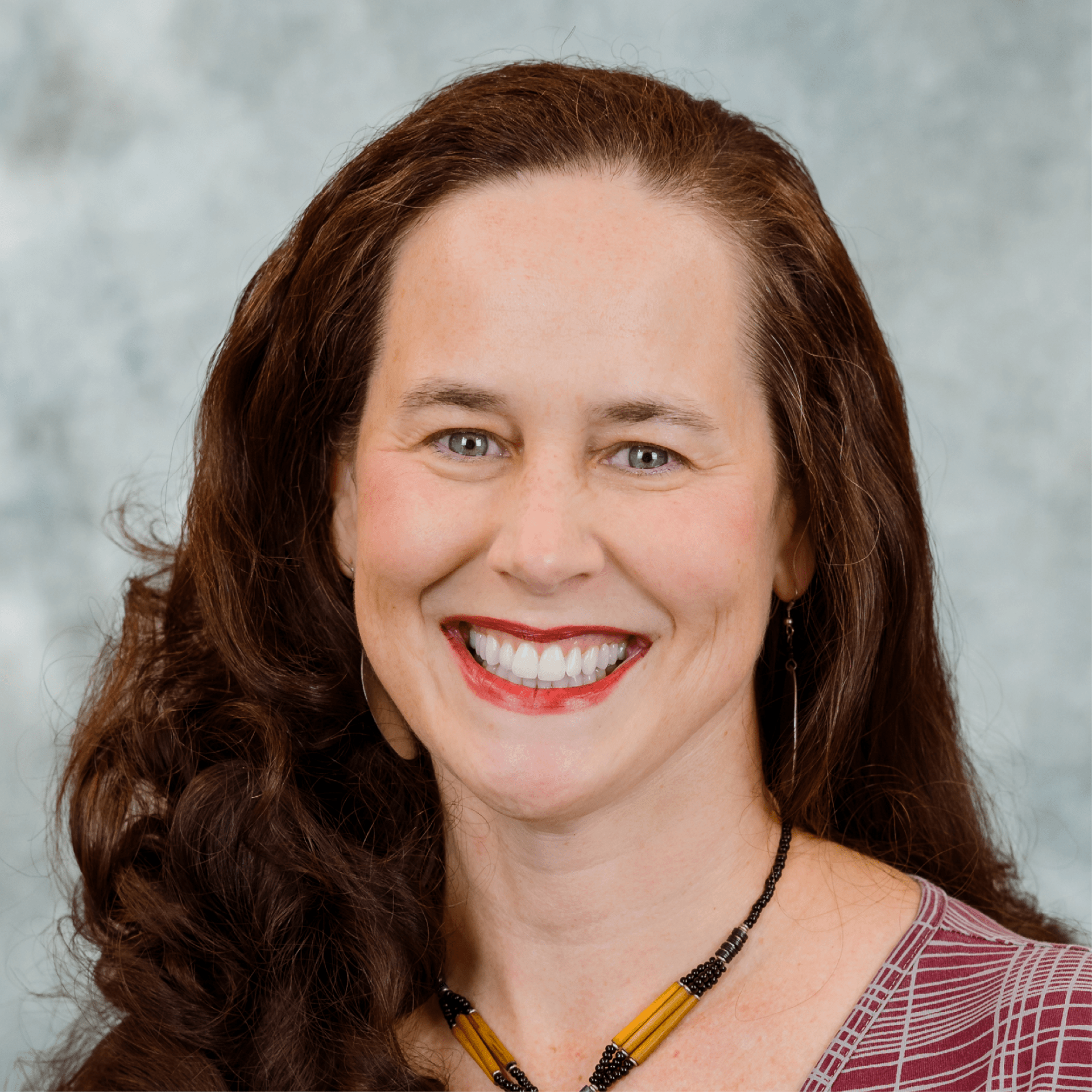Learning and healing in the Uzima Garden

For Jeanne Moseley, teaching public health equity begins with conversations around humility. Having spent decades working in public health and international development, she has learned that humility is key to understanding how systemic inequities vary by context, and to building effective relationships. Moseley teaches a range of skills in the Public Health Program through this lens, including cultural competence, monitoring and evaluation, and policy analysis.
Before joining the Cornell Public Health faculty in 2022, Moseley spent 16 years developing a new global health curriculum for undergraduates in Cornell’s Division for Nutritional Sciences, where she co-created an ongoing teaching and research partnership with Kilimanjaro Christian Medical University College (KCMUCo) in Tanzania. Each year, students from both Cornell and KCMUCo enrolled in a reciprocal cross-cultural policy course. Moseley is now piloting similar models for Cornell’s MPH students.
These days, her partnership with KCMUCo involves close engagement with the Uzima Project. The 2.5-acre Uzima Garden, embedded in the campus of the hospital and medical university, offers a refuge for healing through teaching and reflecting on the linkages between ecosystems and human health. In Swahili, uzima means “full of life.” One part of the Uzima Garden is a kihamba, modeling the traditional agroecological home gardens developed by the Chagga people who live on the slopes of Africa’s tallest mountain.
“Something happens to students when they enter the garden space,” says Moseley, who notes that getting out of the classroom and reflecting on nature and healing “restructures how students think about public health problems.” From the garden, students, faculty, and patients can see Mount Kilimanjaro. At times, the mountain’s snow cover is visibly sparse—a reminder of increasing temperatures and reduced rainfall in recent years. “This raises a lot of important questions within a medical environment,” says Moseley. The garden space is becoming a site for conversations that “challenge public health trainees, medical students, and hospital clinicians to think about how we use water and land, what we need to change, and why that matters for medicine and health.” The Uzima team is now discussing how to integrate climate change topics into a Tanzanian medical school curriculum.
As a new faculty member with Cornell Public Health, Moseley wants to continue to broaden students’ perspectives, not only through engagement with partners and communities around the world, but also by further integrating arts and humanities into the public health curriculum. This year, as part of that initiative, Moseley brought almost 100 Cornell undergraduate and public health students together in the HIV/AIDS study gallery she curates at the Johnson Art Museum, to facilitate conversation and critical reflection around structural violence and social inequalities. “These sorts of experiences are so important,” she says, since they “transform students’ worldviews and approaches to public health practice.”

Written by Audrey Baker
